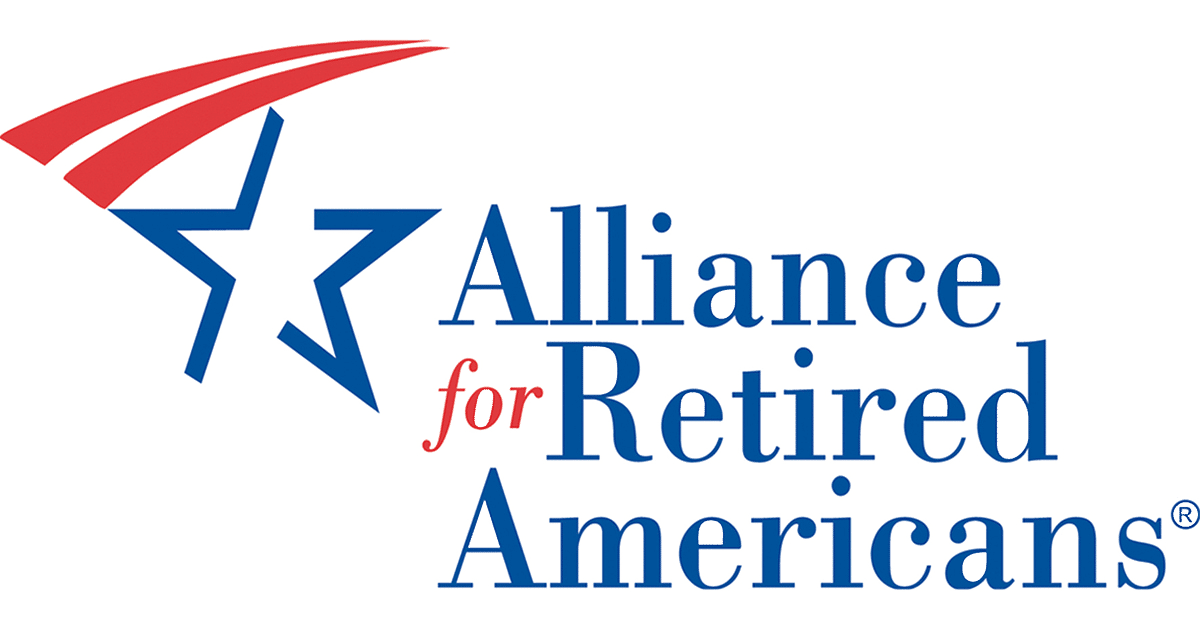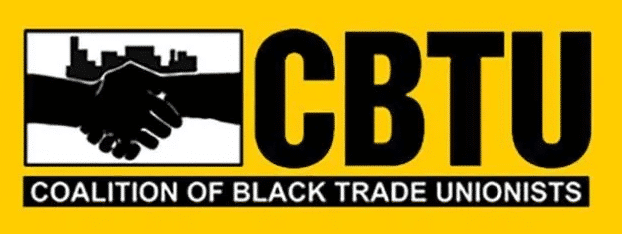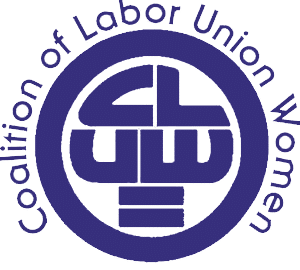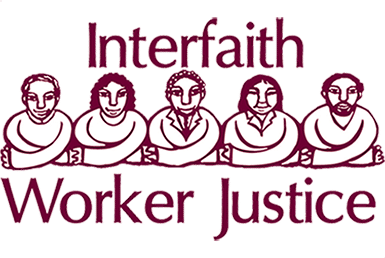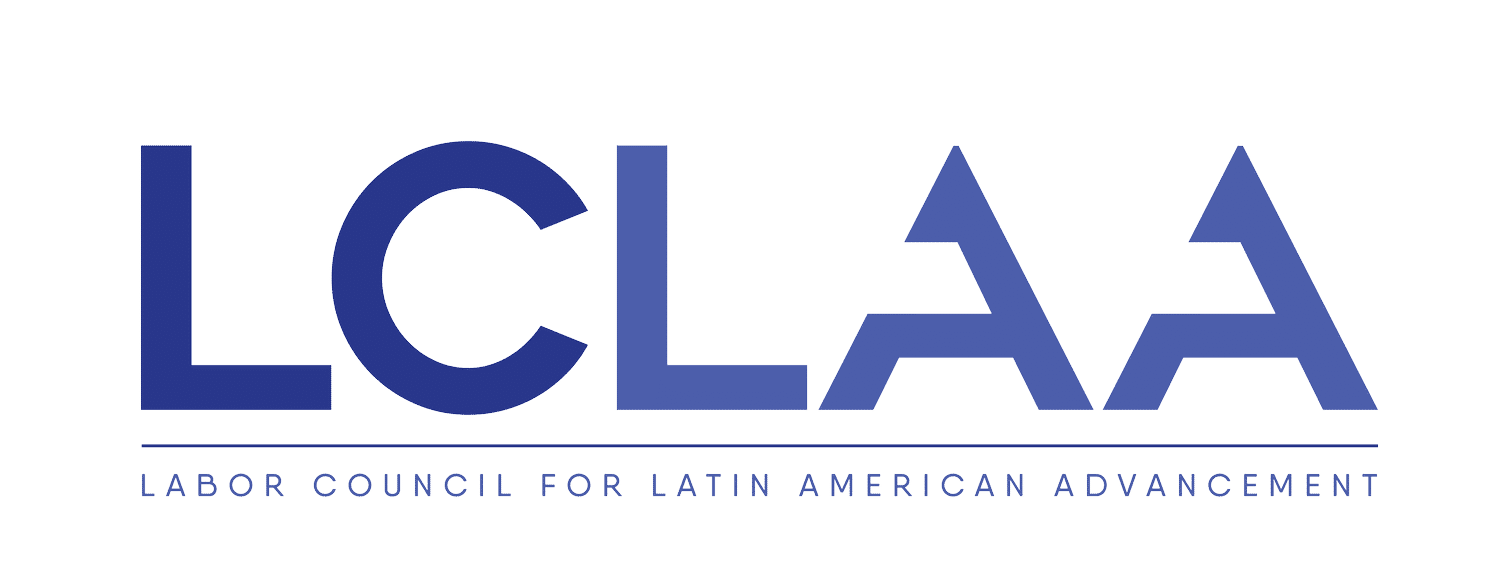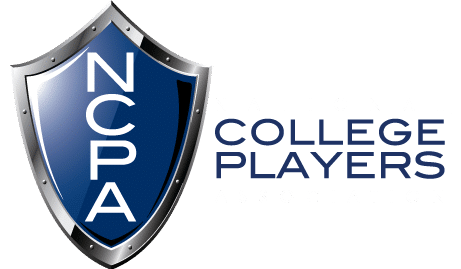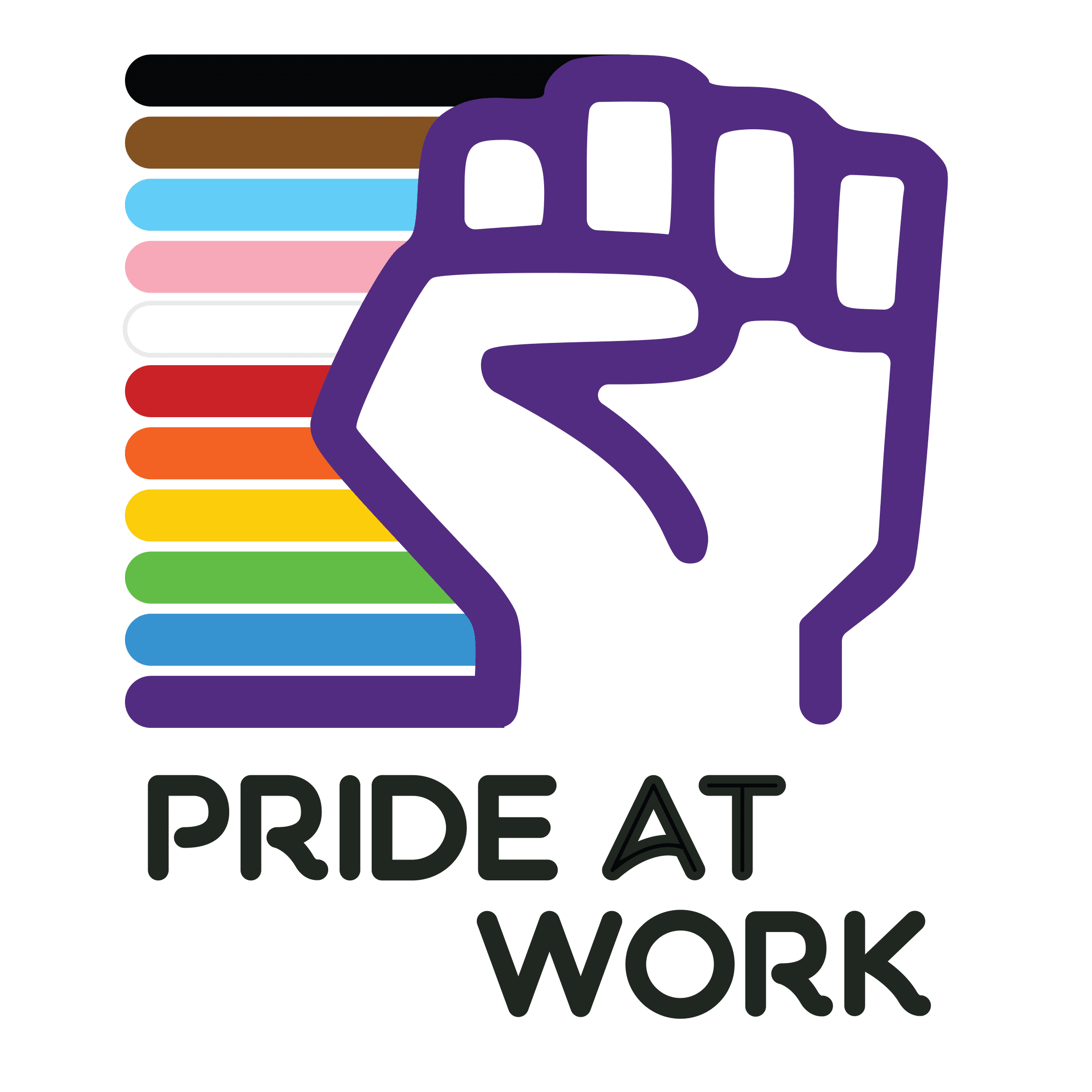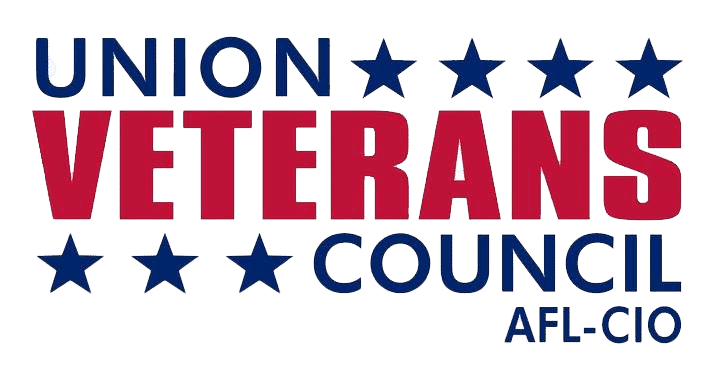USW Allies and Partners:
Stronger Together
Through our strategic alliances with fellow unions, grassroots campaigns and other advocacy groups, we use the combined power of our experience and resources to influence policy decisions and create meaningful change on a global scale.
Our work with allies and partners broadens our influence and helps improve the lives of workers and their families in- and outside our union. Together, we’re fighting for a world where all workers have a voice on the job, community-sustaining wages and safe working conditions. Learn more about our partners below.
Ready to Make a Difference?
USW members have real power. Together we can negotiate better wages and working conditions, advance workplace safety and promote dignity and respect on the job. Come join us!
